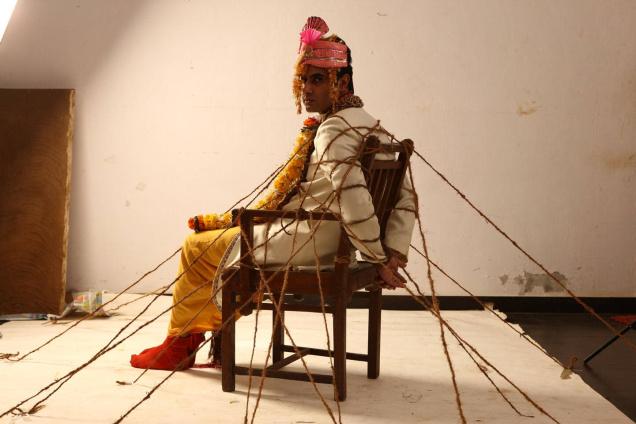Groom Kidnapping

The term “shotgun wedding” is, except in rare cases, no longer taken literally, at least in the United States. But in parts of India, most notably the Bihar region, forcible marriage is real — and legally, difficult to get out of.
The practice of dowry — gifts, typically of money or property, given by a woman’s family to her groom-to-be as a condition of the marriage — has a long history around the world, and particularly in India. India outlawed the practice in 1961. The penalty for requesting a dowry? Up to five years in prison. Nevertheless, this has not stopped the practice — and instead, indirectly lead to the kidnapping of men with the intention of forcibly marrying them off
While men and their families still regularly demand dowries from the families of their brides-to-be, they do so at the risk of running afoul of the law, yes, but also at the risk of being kidnapped by the would-be spouse’s family. As dowry demands climb, so do the odds of a marriage falling apart before the altar. This comes at considerable cost for the woman and her family: she may be looked at as damaged goods (especially if the couple had been intimate) while her family’s reputation will almost certainly be tarnished. The solution, of course, is to figure out a way to have the marriage occur — which is where kidnapping comes in. (The image, above, comes from this article the Bollywood film Antardwand, which focuses on the topic of groom kidnapping.) The woman and/or her family may end up hiring thugs to kidnap and beat the would-be groom until he submits to marrying the woman, dowry-free. If the man objects after the fact, he does so at the risk of imprisonment for demanding a dowry in the first place.
And sometimes, the retributive justification (if one can call it that) of the kidnapping is fictional. In 2003, the Sydney (Australia) Morning Herald ran a story about a bank teller who was allegedly kidnapped, chained to a bed, and starved and beaten until he agreed to marry a woman he had never before met. Without the threat of legal action (because no dowry was offered), the woman’s family allegedly enforced the marriage the same way the created it — by threat of bodily harm if the groom/husband tried to escape.
An estimated 1,224 marriage kidnappings — most of them of the grooms — occurred in Bihar in 2009.
Bonus fact: Once a (legitimate, kidnapping-free) marriage occurs in India, one would think that any questions around dowry evaporate. That’s sadly not the case. For years after the marriage, some grooms insist upon post-marriage dowry payments, threatening their wives with death by burning. The practice was common enough to warrant an amendment to the Indian Penal Code which presumes any death by burning, within the first seven years of marriage, to be non-accidental. In such a case, the husband is presumed guilty and must demonstrate his innocence to avoid imprisonment for murder.
From the Archives: Wagah Dance: A curious custom on the India/Pakistan border.

Leave a comment